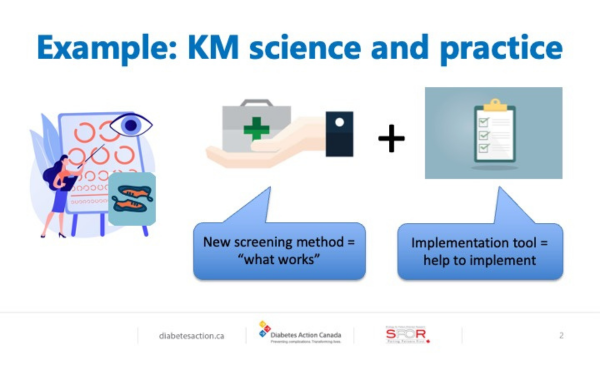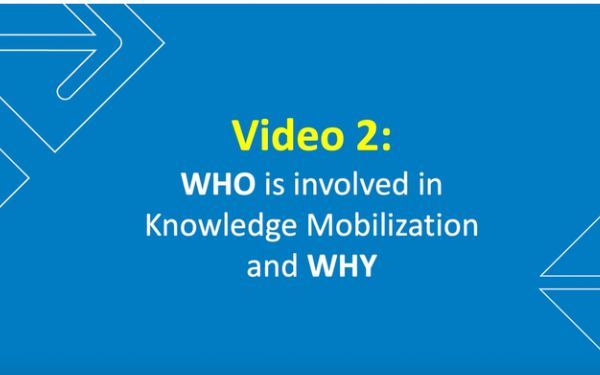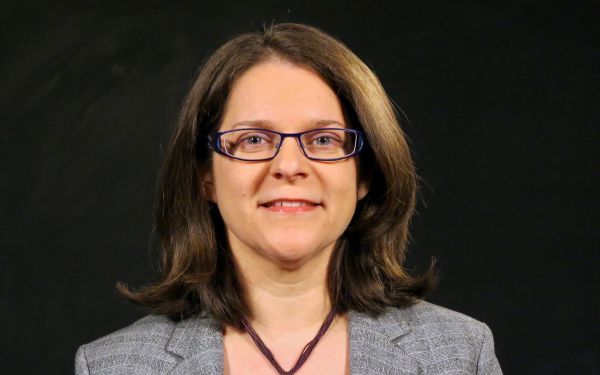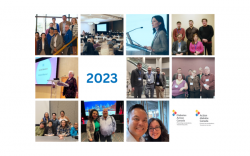
Simplifying Complexity: How to select and use knowledge mobilization and implementation science (KM-IS) Theories, Models and Frameworks in research


Simplifying Complexity: How to select and use knowledge mobilization and implementation science (KM-IS) Theories, Models and Frameworks in research
By kristalamb | Posted date: March 26, 2024 |
Join us for a webinar on Thursday, April 18, 2024 from 1 – 2 p.m. EST.
Did you know that KM-IS theories, models and frameworks can be used to help guide how we share, use or apply research results in the real world to benefit patients, the public, and the healthcare system?
Did you know that without using these theories, models and frameworks, your KM-IS efforts could lead to failed implementation and impact as well as wasted resources?
There are over 150 existing theories, models and frameworks to guide KM-IS practice, but how do we select the one that fits our purpose, and how do we actually use them?
Join us on April 18th for a live webinar where we will explore these questions, provide practical tools, guidance and more. You’ll also have the opportunity to ask questions, so bring them with you!
Meet Our Speaker
This webinar will be presented by Dr. Monika Kastner, the Co-Lead of the Knowledge Mobilization-Implementation Science and Evaluation Program of the Diabetes Action Canada (DAC) Network.
Dr. Kastner is the Research Chair in Knowledge Translation (KT) and Implementation at North York General Hospital, an Affiliate Scientist with the KT Program at the Li Ka Shing Knowledge Institute of St. Michael’s Hospital, and Associate Professor in the Institute of Health Policy, Management and Evaluation (IHPME) as well as through the Department of Family and Community Medicine (DFCM) at the University of Toronto. Monika’s research interests and goals are to make a positive impact on the health of vulnerable older adults with the use of innovative eHealth technologies and to advance the science and practice of KT and health services research.
Featured in Article
Related Webinars

HOW to do Knowledge Mobilization

The WHERE of Knowledge Mobilization

Who is Involved in Knowledge Mobilization and Why?
Associated Programs

Knowledge Mobilization and Evaluation
Related Articles

DAC Knowledge Mobilization Consultation Supports Successful Grant Application

Knowledge Mobilization Consultation Service



